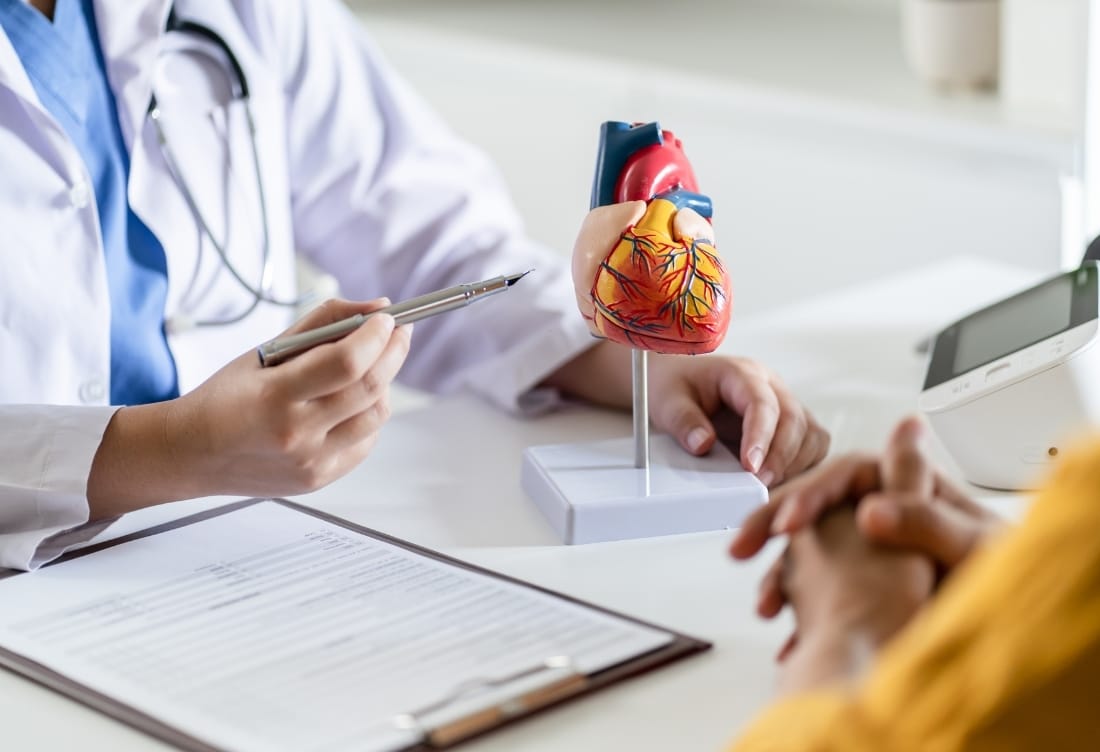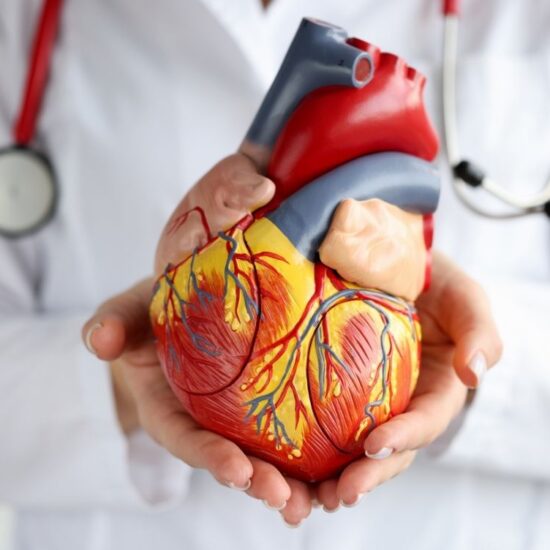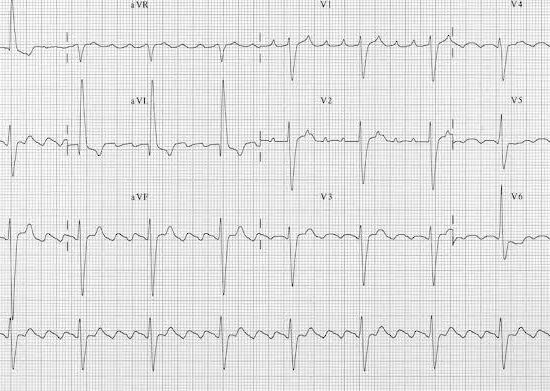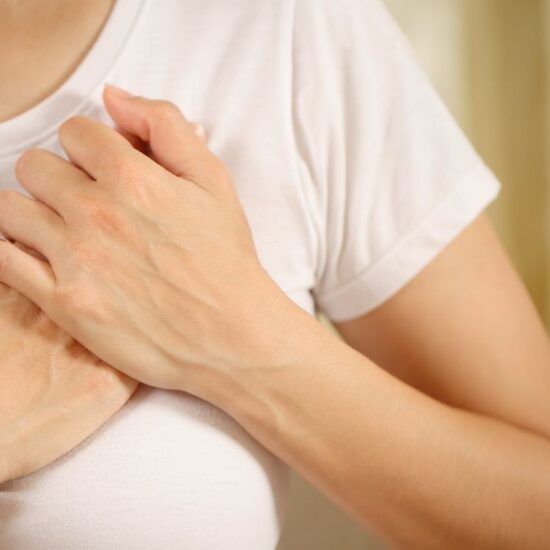What are the symptoms of heart disease?
Heart diseases are among the most common health problems worldwide, and many people live their lives without being aware of these diseases. Heart diseases can affect the heart muscle, vessels and valves. Early diagnosis is vital in stopping the progression of heart diseases. In this article, we will discuss in detail the most common symptoms of heart diseases and what these symptoms mean.
What is Heart Diseases?
Heart diseases cover a range of conditions that affect the structure or function of the heart. There are various heart diseases such as coronary artery disease (narrowing of the heart vessels), heart failure, heart valve diseases and rhythm disorders (arrhythmia). Each disease may have different symptoms, but many heart diseases present with common symptoms.
Common Symptoms of Heart Diseases
Symptoms of heart diseases often appear insidiously and can often be confused with other diseases. Therefore, it is important to be aware of the symptoms and consult a doctor when necessary. Here are the most common symptoms of heart disease:
Chest Pain (Angina)
Chest pain is one of the most common symptoms of heart disease. This pain is usually described as a pressure, squeezing or burning sensation in the middle part of the chest. This pain, which occurs when there is not enough blood flowing to the heart muscle, is called “angina”. Chest pain may increase during exertion, in stressful situations, or after eating. This symptom in particular may be an early indicator of coronary artery disease.
How to Feel Chest Pain?
- Feeling of pressure or squeezing
- Pain concentrated in the left side of the chest
- Pain that may radiate to the neck, shoulders, back or arms
- Pain that eases with rest but recurs
Shortness of breath
Heart diseases can prevent the body from getting enough oxygen, causing shortness of breath. When the heart’s pumping capacity decreases, not enough oxygen can be carried to the body, leading to shortness of breath. This symptom becomes more evident especially when exerting effort or when lying down.
When Does Shortness of Breath Occur?
- During physical activities such as climbing stairs
- While resting in a lying position
- It may develop rapidly after a sudden movement
Fatigue and Weakness
When the heart cannot pump enough blood, not enough oxygen reaches the body’s organs and muscles. This situation can cause a constant feeling of tiredness and weakness. Difficulty performing daily activities and a general lack of energy can be symptoms of heart failure and other heart diseases.
In Which Situations Does Fatigue Occur?
- Extreme fatigue even with simple daily tasks
- Feeling of fatigue that lasts throughout the day
- Increased fatigue after physical activity
Palpitations and Irregular Heartbeats (Arrhythmia)
An abnormally fast or irregular heartbeat is called arrhythmia. The feeling of heart palpitations can be caused by the heart beating too fast, too slowly, or irregularly. Palpitations usually become more pronounced after stress, excessive caffeine consumption or physical activity.
How to Feel Palpitations?
- Fast or irregular heartbeat
- Strong feeling of heartbeat
- Feeling of palpitations in the neck or chest
- Irregular heartbeats even at rest
Dizziness and Fainting
Dizziness and fainting may occur as a result of not enough oxygen reaching the brain because the heart cannot pump enough blood to the body. Sudden feeling of dizziness or fainting may be a sign of a serious heart rhythm disorder or heart failure. This may also indicate an emergency such as a heart attack.
In Which Situations Do Dizziness and Fainting Occur?
- Dizziness when getting up suddenly
- fainting while exerting
- Dizziness when standing for long periods of time
- Feeling of fainting when the heart beats irregularly
Swelling (Edema)
When the heart has difficulty pumping blood to the body, fluid buildup can occur, resulting in swelling (edema). Swelling may occur especially in the ankles, legs and abdomen. This symptom is frequently encountered in people with heart failure.
Where is edema seen?
- Swelling in ankles and feet
- Fluid accumulation in the abdominal area
- Swelling in hands and face
- Swelling increases throughout the day and becomes more noticeable in the evening
Sweating and Cold Sweating
Another common symptom of heart diseases is excessive sweating or cold sweats. This symptom, which can be a sign of a heart attack, causes the person to sweat more than normal. A sudden cold sweat, especially, may indicate a condition that requires urgent medical attention.
In Which Situations Does Cold Sweating Occur?
- Sudden sweating during physical activity
- Cold sweats at rest or during sleep
- May be accompanied by chest pain or shortness of breath
- Constant Cough or Wheezing
People with heart failure may experience persistent cough or wheezing as a result of fluid accumulation in the lungs. This cough usually remains dry and persistent. Pink or white phlegm may be seen along with the cough, which may indicate a serious fluid accumulation in the lungs.
Nausea and Indigestion
Heart diseases can sometimes manifest themselves with digestive system-related symptoms such as nausea, indigestion and abdominal pain. Although these symptoms are often confused with stomach disorders, they may indicate a heart attack, especially if they are accompanied by chest pain.
Heart Disease Risk Factors
There are some risk factors that trigger the appearance of heart disease symptoms. Knowing these risk factors is important for steps to take to protect heart health. Here are the main risk factors that lead to heart diseases:
- Smoking: Smoking increases the risk of heart disease by narrowing the heart vessels.
- High Cholesterol and Blood Pressure: High blood pressure and cholesterol levels can lead to blockage of arteries and heart diseases.
- Diabetes: Diabetes is an important factor that increases the risk of heart diseases.
- Lack of Physical Activity: Not exercising regularly negatively affects heart health.
- obesity: Excess weight is an important factor that increases the risk of heart diseases.
What Should Those Experiencing Heart Disease Symptoms Do?
When symptoms of heart disease are noticed, it is necessary to consult a doctor without delay. The doctor can check the function and health of the heart with tests such as ECG, stress test, echocardiography. Heart diseases can be controlled with early diagnosis and correct treatment.
Conclusion
Recognizing the signs of heart disease early is critical to preventing serious complications. Symptoms such as chest pain, shortness of breath, palpitations and dizziness should be taken seriously and necessary medical checks should be performed. Remember, the most effective way to protect your heart health is to adopt a healthy lifestyle and not neglect regular doctor checks.






